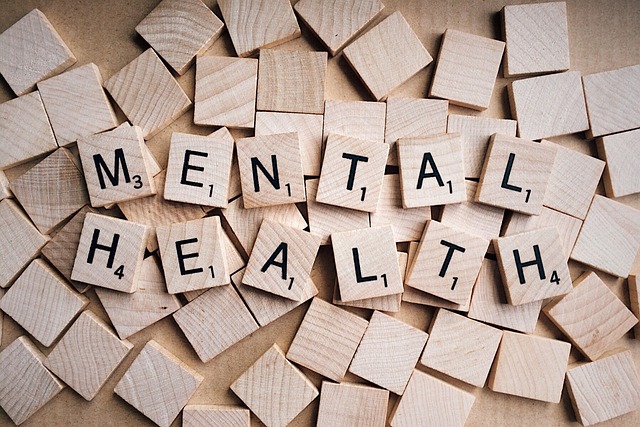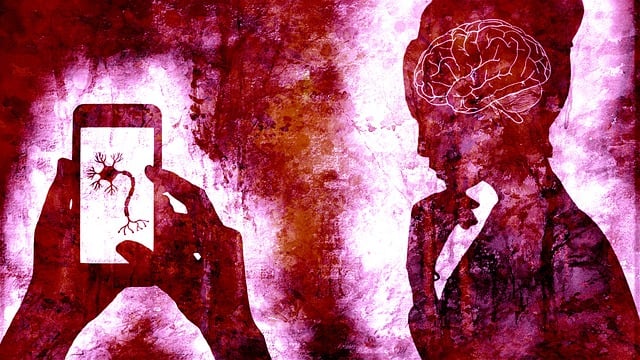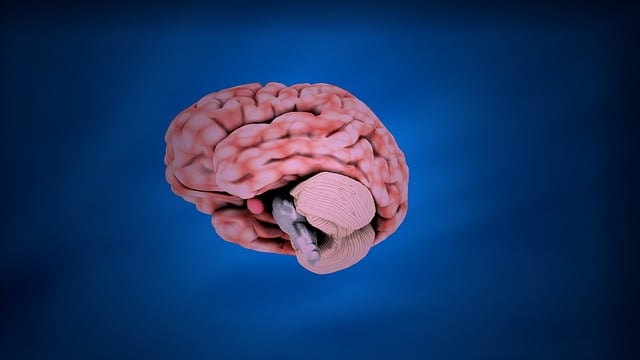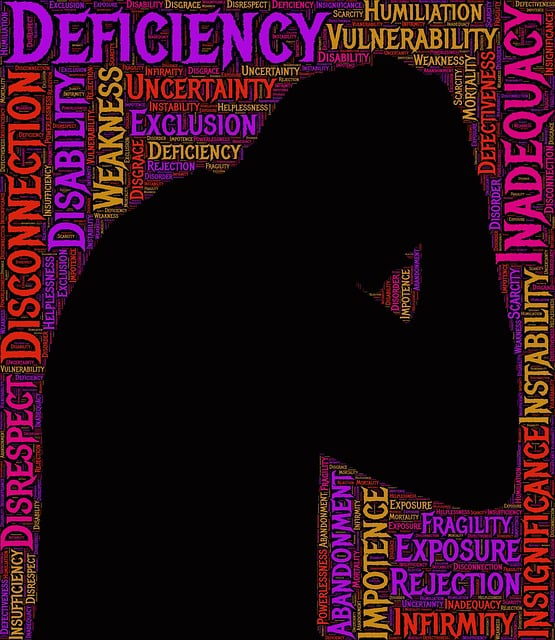Therapy for young children experiencing loss, grief, or bereavement is a vital tool for their emotional growth. Specialized counselors create safe spaces, teach coping mechanisms, and encourage open dialogue through age-appropriate activities, fostering self-esteem and resilience. This approach empowers kids to manage emotions and build inner strength, ensuring they can navigate adversity with healthy self-awareness. By integrating community outreach and self-care routines, therapy becomes a comprehensive strategy to support young children's emotional well-being, focusing on both therapy for young children and enhancing self-esteem.
“Loss, grief, and bereavement can profoundly impact young children, making it crucial to introduce appropriate counseling strategies. This article delves into understanding these complex emotions in young minds, focusing on how therapy enhances self-esteem during challenging times. We explore effective therapy models tailored for young children, offering practical insights for professionals. By implementing these strategies, counselors empower kids to navigate loss, fostering resilience and healthy emotional development.”
- Understanding Loss, Grief, and Bereavement in Young Children
- The Role of Counseling in Enhancing Self-Esteem for Grieving Kids
- Effective Therapy Strategies for Supporting Young Ones Through Difficult Times
Understanding Loss, Grief, and Bereavement in Young Children

Understanding loss, grief, and bereavement in young children is a delicate yet crucial aspect of their emotional development. Children, even at a tender age, experience profound emotions when facing the death of a loved one. Therapy for young children plays a pivotal role in helping them process these complex feelings. Through specialized counseling, therapists employ techniques tailored to promote emotional well-being promotion and facilitate the natural emotional healing processes inherent in childhood.
One key focus in bereavement counseling for kids is supporting their self-esteem. By creating safe spaces for expression, therapists help young individuals navigate the grief journey while fostering resilience. This involves teaching effective coping mechanisms, encouraging open dialogue, and integrating age-appropriate activities that nurture emotional healing. Additionally, establishing a consistent self-care routine development for better mental health becomes integral to the therapy process, empowering children to manage their emotions and cultivate a positive sense of self despite adversity.
The Role of Counseling in Enhancing Self-Esteem for Grieving Kids

Counseling plays a pivotal role in supporting young children who are experiencing loss, grief, and bereavement by helping them develop inner strength. Through therapy for young children, counselors employ specialized techniques tailored to address the unique needs of children coping with significant life changes. By creating a safe and non-judgmental space, these professionals encourage kids to express their emotions freely, fostering an environment where they can begin to rebuild their sense of self.
Incorporating mind over matter principles, counseling sessions teach children valuable coping strategies that empower them to navigate their feelings effectively. This includes helping them understand and manage their emotions, enhance problem-solving skills, and build resilience. Additionally, risk management planning for mental health professionals ensures that counselors are equipped to handle complex cases, providing the necessary support while promoting healthy self-esteem development in grieving children.
Effective Therapy Strategies for Supporting Young Ones Through Difficult Times

Supporting young ones through loss, grief, and bereavement requires specialized therapy strategies tailored to their developmental stage. One effective approach involves incorporating self-esteem-building activities into the counseling process. By fostering a sense of competence and worth, therapists can help children cope with their emotions and navigate difficult times. Simple exercises like drawing or storytelling encourage expression, allowing kids to externalize their feelings and gain perspective.
Community outreach programs can further enhance therapy by providing a supportive network. These initiatives often include self-awareness exercises designed to help young individuals understand and manage their emotions effectively. Through group activities and peer support, children learn they are not alone in their struggles, thereby boosting their resilience and mental health awareness.
Loss, grief, and bereavement counseling play a pivotal role in helping young children navigate difficult emotions. By understanding their unique needs and employing effective therapy strategies, counselors can enhance self-esteem and foster resilience in these vulnerable individuals. Through tailored support, children can learn to process their feelings, rebuild their sense of security, and develop healthy coping mechanisms for the future. This article has explored the importance of early intervention and the power of counseling in making a profound difference in the lives of young ones dealing with loss.














